The number of Bulgarian folk dance ensembles abroad is growing and, alongside Bulgarian schools, they are among the key centres that unite compatriots overseas and preserve their connection to their roots. Recently, some of these dance troupes returned to Bulgaria to perform for a local audience for the first time, as part of the First Festival of Overseas Bulgarian Folklore Ensembles in Veliko Tarnovo from 23 to 26 July.
The inspiring event featured nine folklore groups from Germany, Italy, France, Romania, Hungary and Sweden, as well as two soloists from Germany and Argentina. Among the participants were the amateur dancers of the Lazarka ensemble, founded in Munich in 1991.
The ensemble was established by choreographer Belcho Stanev, who has held seminars on Bulgarian folklore in Germany and across Europe since the late 1980s. ‘In Munich, he found some highly skilled dancers, and he felt that he could set up this ensemble with them and with Germans who love dance,’ said the ensemble’s current leader, Plamen Petkov, in an interview with Radio Bulgaria.
Petkov accepted a job offer from a German company in 2000, becoming one of the first Bulgarian IT specialists in the country. While in Germany, he met many compatriots from the so‑called old emigration, who helped him adapt to life in his new country – a process he says is far from easy for someone who has never lived there before.
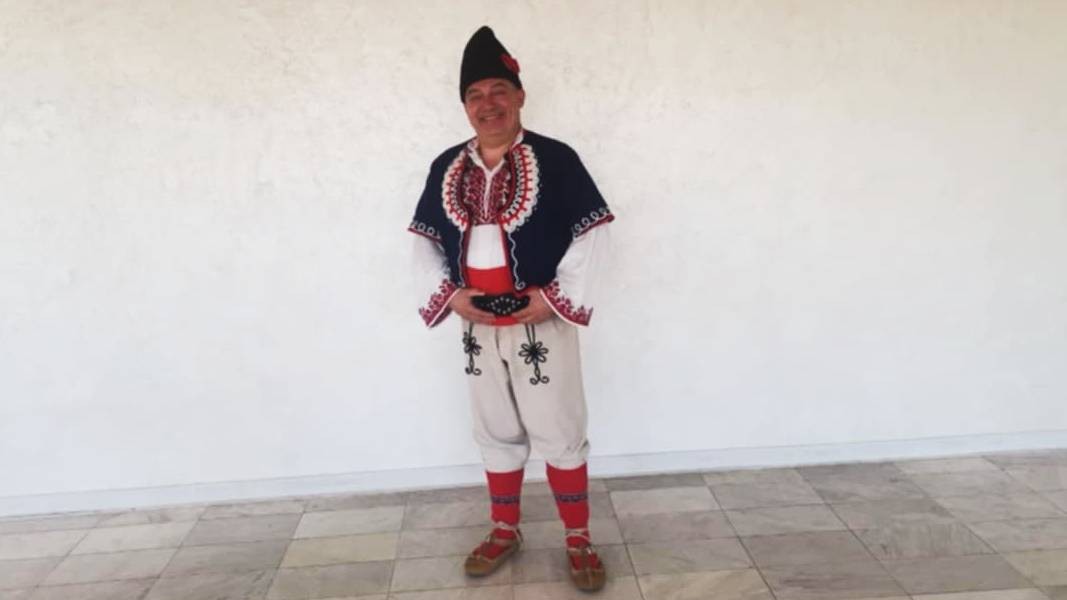
Joining the Lazarka folk ensemble proved a key step in adapting to life in Germany, and ten years later Petkov became its leader.
‘In 2000, I was surprised to see a group of 30 Germans dancing Bulgarian folk dances beautifully. Over time, however, the focus shifted towards Bulgarians who arrived after the country’s accession to the EU in 2007. Today, the ensemble is entirely Bulgarian. The Germans gradually withdrew for various reasons, mainly because they were reaching an age where they found it hard to keep up with the pace of our dances. However, they remain loyal friends and still come to dance with us whenever they can. Off stage, we are always together,’ Petkov told Radio Bulgaria. Many of them understand Bulgarian, love the country and have a special affection for it.
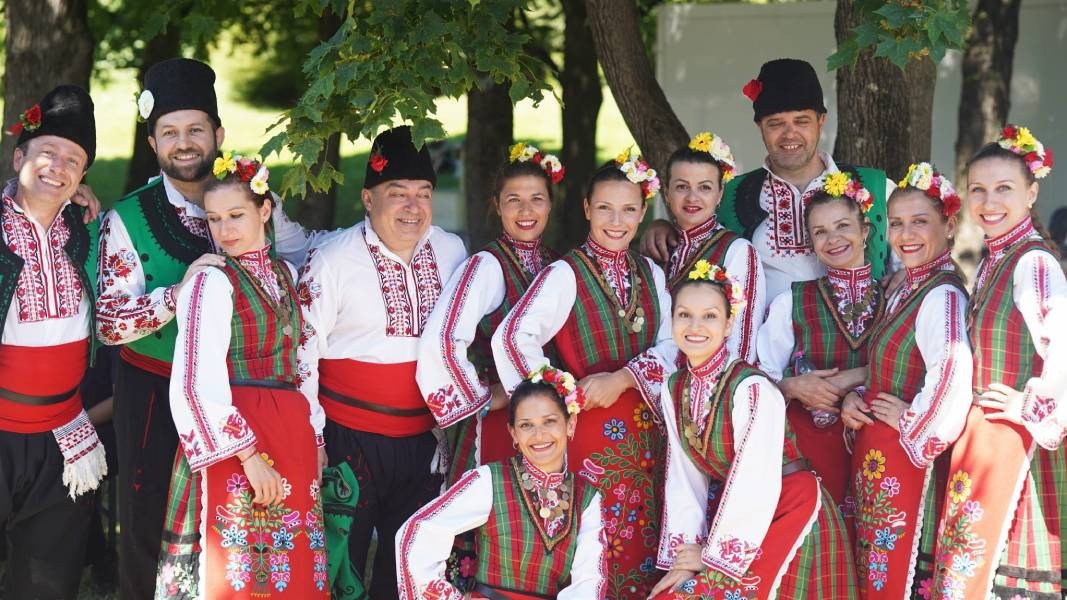
‘The performing troupe now has 45 members. We stage dances from all folklore regions, and our latest piece, which we have not yet performed, is from the Pirin region. The ensemble also runs folk dance groups with around 50–60 members, so more than 100 people are united under the Lazarka name,’ Petkov said.
The Munich dancers will host the 11th edition of the Na Megdana na Drugata Bulgaria festival in 2026.
To mark Lazarka’s 30th anniversary, the idea emerged to produce a documentary about the group. We spoke to the project’s director, young filmmaker Yoan Kadiev, who shared his thoughts on his encounters with the dancers and, through them, with Bulgarian folklore.
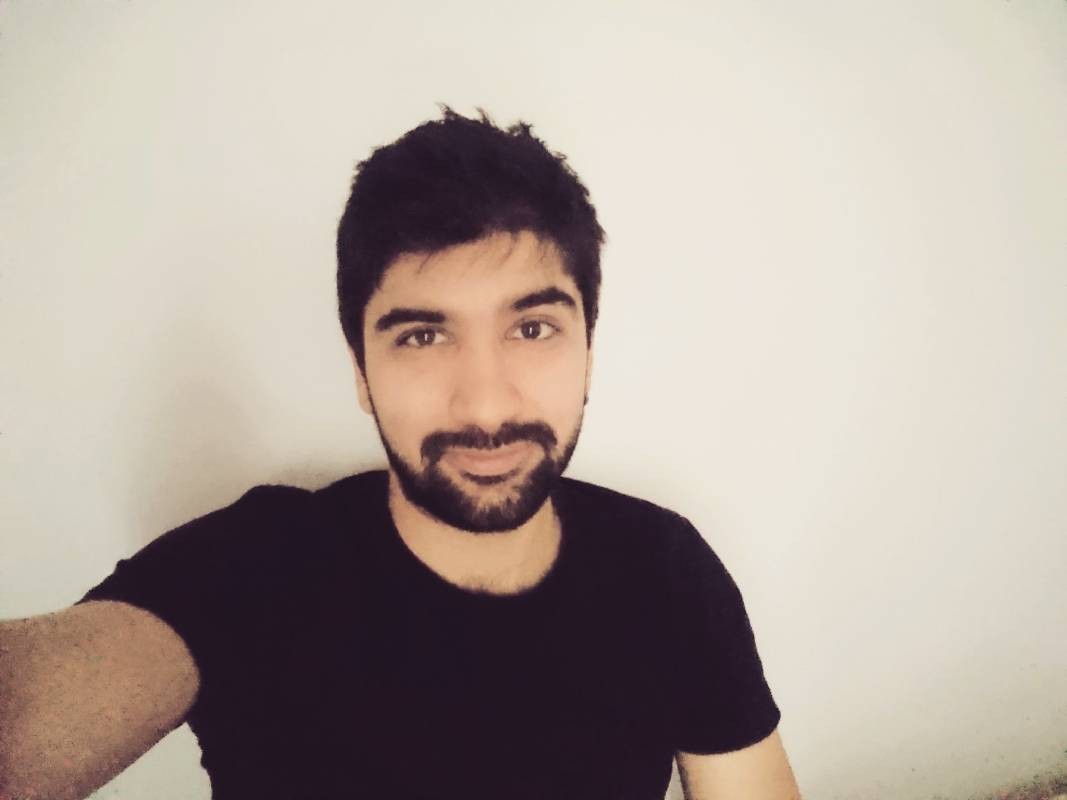
‘Through the ensemble, I discovered Bulgarian folklore,’ he said. ‘I’m not especially familiar with folk art, and I started to question my own identity. With Lazarka, I witnessed immense sincerity. Perhaps because they are Bulgarians living abroad, their Bulgarian identity is more intense, and that drives them to express it more actively.’
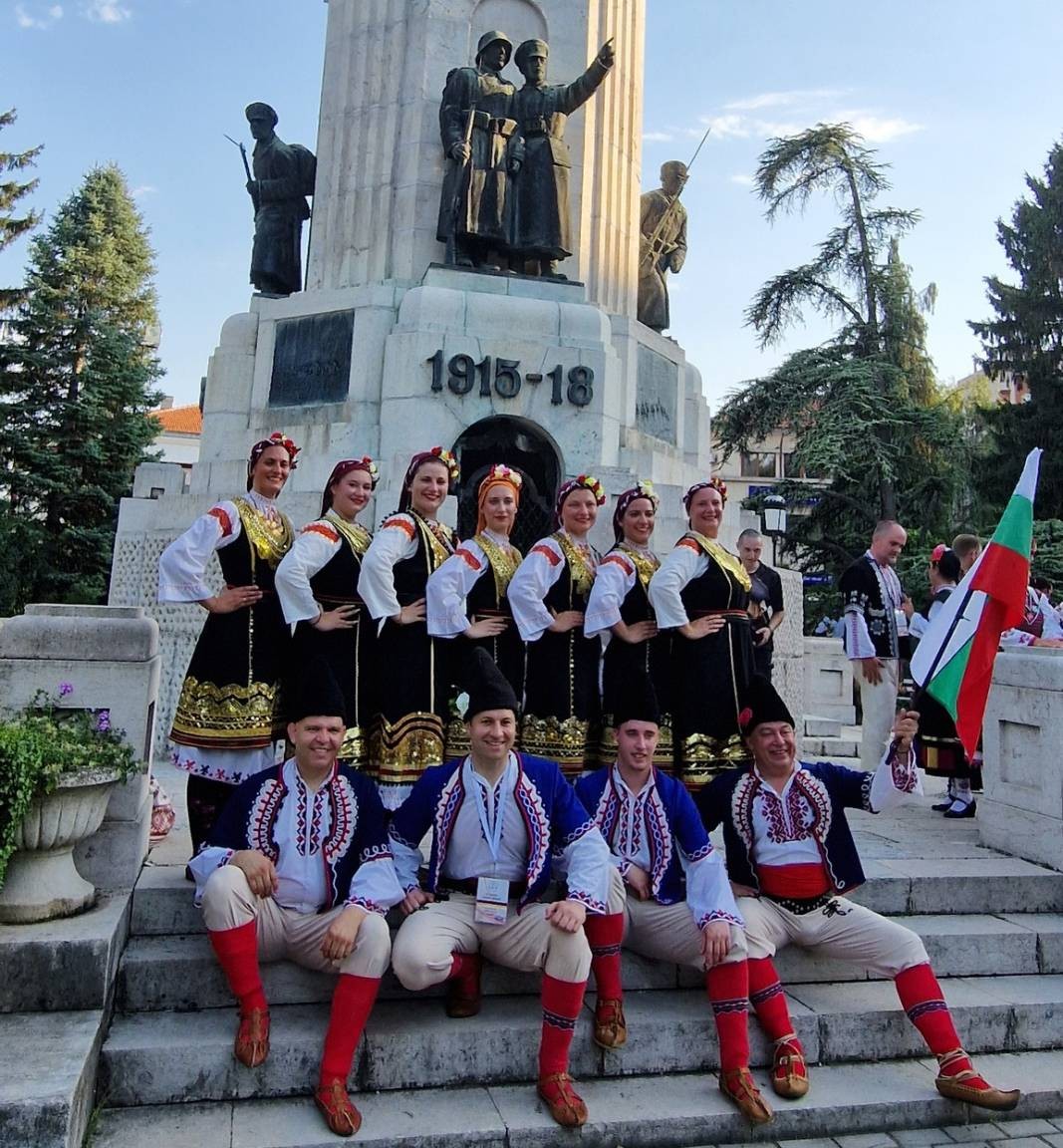
The film is partly funded by the National Culture Fund. Kadiev hopes to expand it into a feature‑length production that tells the story of Bulgarian folklore through the eyes of Bulgarians abroad and foreigners who have been touched by its magic, not solely focusing on the Munich‑based Lazarka. ‘Bulgarian folk ensembles build bridges,’ says Kadiev. As Lazarka leader Plamen Petkov told Radio Bulgaria two years ago: ‘Let every group feel like a builder of that bridge, of the links between Bulgaria and the country and city where it is based.’
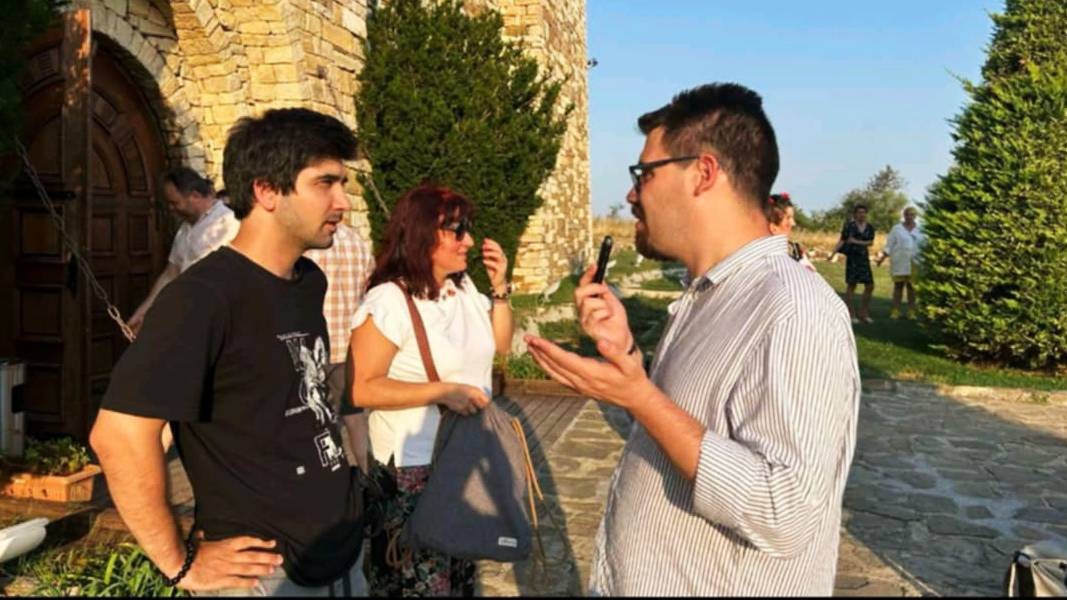
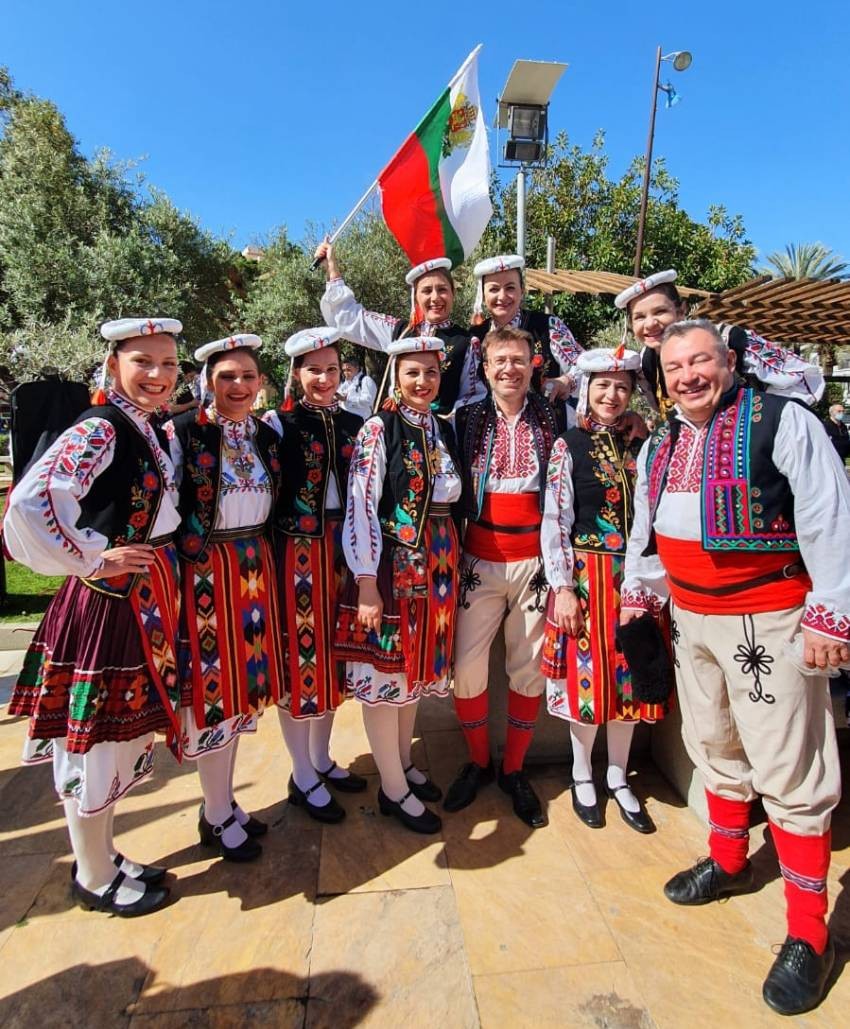
Photos: Facebook/ Yoan Kadiev, Facebook/ Plamen Petkov, Facebook/ Lazarka, Krasimir Martinov
On 22 November, the Association of Bulgarian Folk Ensembles Abroad (ABFEA) will present its project, 'Online Catalogue of Bulgarian Horo and Other Dances', in three European cities: Lyon, Munich and Copenhagen. 'Our goal is to preserve Bulgarian..
‘The Bulgarian horo is a kind of magic — an enchanted circle that pulses with the unique energy of our spirit, our traditions and our identity,’ says journalist Milena Milotinova, who recently presented her new documentary The Magic of the Bulgarian..
The Eastern Rhodopes come to life in the heart of Sofia – with authentic flavoуrs, music and craftsmanship . Residents of the Bulgaria capital have a chance to immerse themselves in the atmosphere of Momchilgrad Municipality and its cultural and natural..

+359 2 9336 661
